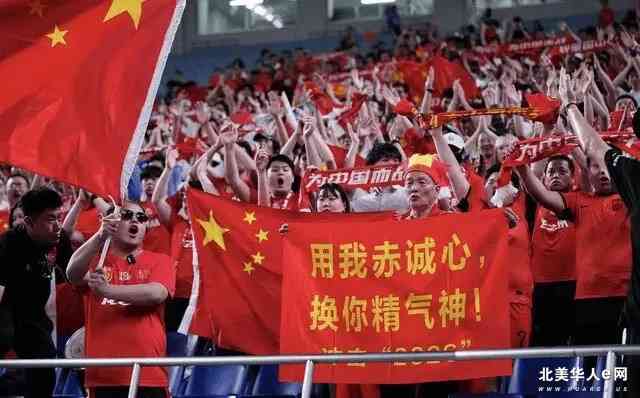问了chat gpt如何整治男足,以下答案。还问了long term timeline,10年20年
Improving China's men's soccer requires a multi-faceted approach, focusing on both short-term and long-term strategies. Here are some steps that could help:
### 1. **Enhance Grassroots Development** - **Youth Academies**: Establish more soccer academies across the country, particularly in areas where soccer is less popular. These academies should focus on early talent identification and development. - **School Programs**: Integrate soccer into school curriculums, making it a core part of physical education. Encourage participation by providing better facilities and trained coaches in schools. - **Community Leagues**: Develop local youth leagues to increase participation and competition at a young age, fostering a deeper soccer culture.
### 2. **Improve Coaching Standards** - **Coaching Education**: Invest in the education and training of domestic coaches. Partner with established soccer nations to bring in expertise and create a certification system for coaches. - **Exchange Programs**: Send Chinese coaches abroad to learn from successful soccer programs in Europe, South America, and other leading regions. - **Foreign Expertise**: Bring in experienced international coaches not only for the national team but also to mentor and train Chinese coaches at all levels.
### 3. **Strengthen Domestic Leagues** - **Develop Domestic Talent**: Implement regulations that ensure a minimum number of domestic players in starting lineups of Chinese Super League teams. Encourage clubs to focus on developing local players. - **Limit Foreign Influence**: While foreign players can raise the level of competition, balance their presence to ensure that domestic players get ample playing time and opportunities to grow. - **Youth Development Programs**: Require each club to have a robust youth development program, linking professional clubs with local academies and schools.
### 4. **Promote a Soccer Culture** - **Media and Promotion**: Increase the visibility of soccer through media, creating stars and role models that inspire younger generations. Documentaries, reality shows, and campaigns can build a soccer culture. - **Fan Engagement**: Encourage fan participation by making games more accessible, both in terms of stadium attendance and broadcasting. This will help create a passionate fan base. - **Community Involvement**: Foster a sense of community around local teams, encouraging families and neighborhoods to get involved in supporting their local clubs.
### 5. **Long-Term Planning and Patience** - **National Strategy**: Develop a long-term national strategy for soccer development, with clear goals, timelines, and accountability. This should include both elite player development and mass participation. - **Sustained Investment**: Ensure consistent investment in soccer infrastructure, from grassroots to professional levels, with a focus on sustainability rather than short-term gains. - **Patience and Consistency**: Avoid constant changes in leadership, coaching, and strategy. Building a successful soccer program takes time and requires patience and consistency.
### 6. **International Competitions and Exposure** - **Regular Participation**: Increase the participation of Chinese teams in international tournaments at all levels. This will give players exposure to higher levels of competition. - **Friendly Matches**: Organize regular friendly matches with top-tier teams from around the world to test the team’s progress and build experience.
### 7. **Collaboration with Global Soccer Communities** - **Partnerships with Clubs**: Create partnerships with top international clubs to establish training centers in China, facilitating knowledge transfer and giving Chinese players exposure to global best practices. - **Global Talent Scouting**: Identify and nurture talented players of Chinese descent living abroad who could potentially contribute to the national team.
Implementing these strategies requires commitment and coordinated efforts from the Chinese Football Association, the government, educational institutions, and the private sector. The goal should be to build a sustainable system that produces world-class talent over time.




